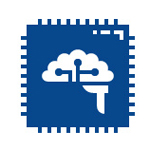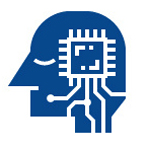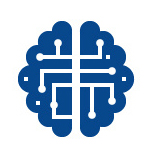WHO WE ARE
Feynlabs is created by Ajit Jaokar, who is the course director of the Artificial Intelligence: Cloud and Edge Implementations course at the University of Oxford.
WHAT WE DO
We work with leading educational research institutes and corporate R & D teams for implementing Artificial Intelligence.
WORK AREAS
Our projects involve solving complex, interdisciplinary problems with Artificial Intelligence.
SOME EXAMPLES OF OUR RECENT WORK
WHY FEYNLABS?
The name ‘Feynlabs’ is inspired by the work of Richard Feynman who combines his love for science and teaching
Our favourite Richard Feynman quotes:
“The first principle is that you must not fool yourself — and you are the easiest person to fool.”
“What I cannot create, I do not understand.”























